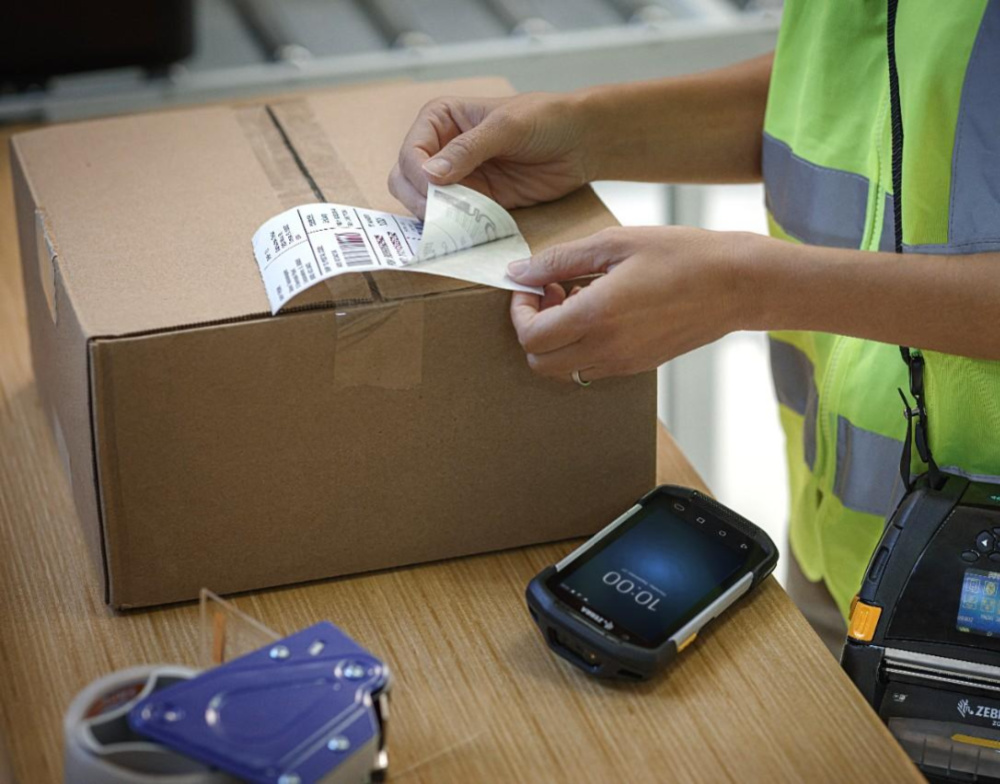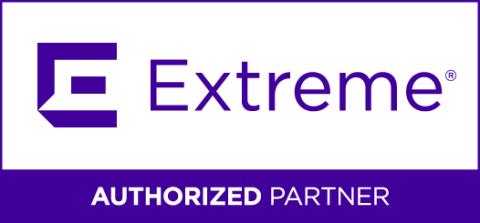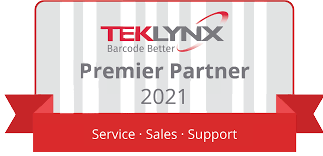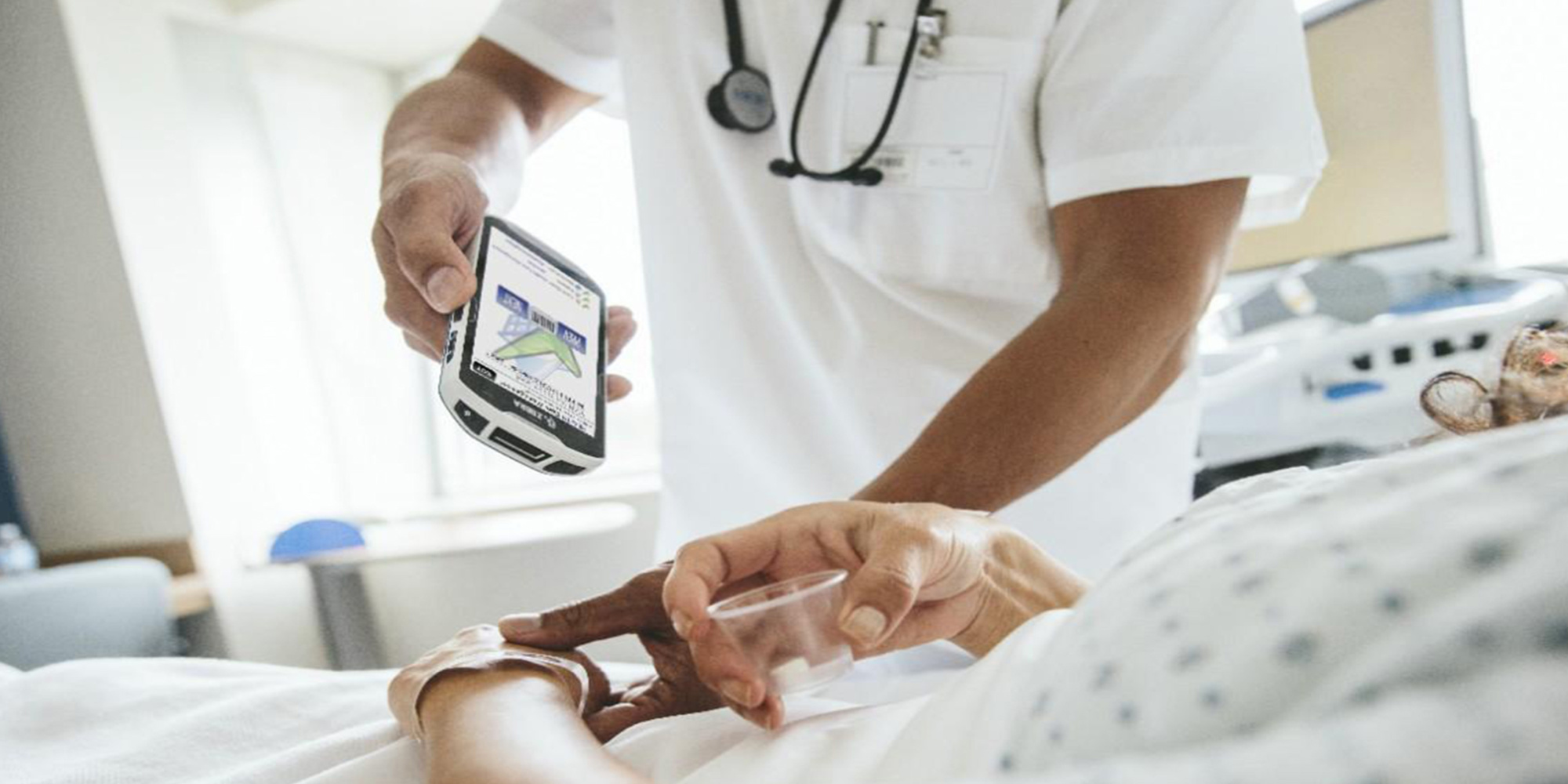
In the fast-paced environment of healthcare, where every moment counts, the integration of mobile computers has become a transformative force, reshaping the way hospitals operate and deliver patient care. This article explores how healthcare providers can leverage mobile computers to simplify workflows across the hospital, leading to increased efficiency, enhanced communication, and ultimately, better patient outcomes.
Benefits of Mobile Computing in Healthcare
-
Point-of-Care Accessibility: One of the key advantages of mobile computers in healthcare is the ability to provide point-of-care accessibility to vital information. Doctors and nurses equipped with mobile devices can access patient records, test results, and treatment plans on the go, eliminating the need to return to centralized workstations. This instant access facilitates quicker decision-making and a more responsive approach to patient needs.
-
Efficient Medication Administration: Mobile computers play a pivotal role in improving medication administration workflows. By utilizing barcode scanning technology, healthcare providers can ensure accurate medication administration, reducing the risk of errors. Mobile devices enable real-time verification of medication details, patient identity, and dosage, promoting patient safety and compliance.
-
Enhanced Communication and Collaboration: Mobile computers facilitate seamless communication and collaboration among healthcare teams. Through secure messaging apps and integrated communication platforms, doctors, nurses, and other staff members can share critical information, coordinate care plans, and respond promptly to changing patient conditions. This real-time collaboration leads to more coordinated and efficient healthcare delivery.
-
Streamlined Patient Registration and Check-In: The use of mobile computers transforms patient registration and check-in processes. Healthcare providers equipped with portable devices can register patients at their bedside, eliminating paperwork and reducing wait times. This not only enhances the patient experience but also contributes to the overall efficiency of hospital operations.
-
Mobile Imaging and Diagnostics: Mobile computers enable healthcare providers to carry imaging and diagnostic tools wherever they are needed. From portable ultrasound devices to mobile X-ray units, these technologies integrated with mobile devices empower healthcare professionals to conduct tests and assessments at the point of care, minimizing delays in diagnosis and treatment.
-
Remote Monitoring and Telehealth: The integration of mobile computers extends beyond the hospital walls, supporting remote monitoring and telehealth initiatives. Healthcare providers can remotely monitor patients’ vital signs, offer virtual consultations, and provide ongoing care outside traditional healthcare settings. This enhances accessibility to healthcare services and improves patient engagement.
-
Data Security and Compliance: Mobile computers in healthcare are designed with robust security features to ensure the protection of sensitive patient data. Encryption, authentication, and secure access protocols help healthcare providers adhere to regulatory compliance standards such as HIPAA (Health Insurance Portability and Accountability Act), safeguarding patient privacy and confidentiality.
-
Inventory and Asset Management: Efficient management of medical equipment and supplies is vital in healthcare settings. Mobile computers equipped with barcode scanning capabilities enable real-time tracking of inventory and assets. This reduces the risk of stockouts, optimizes resource utilization, and ensures that critical equipment is readily available when needed.
Ready to Equip your Healthcare Staff with the Power of Mobile Computing?
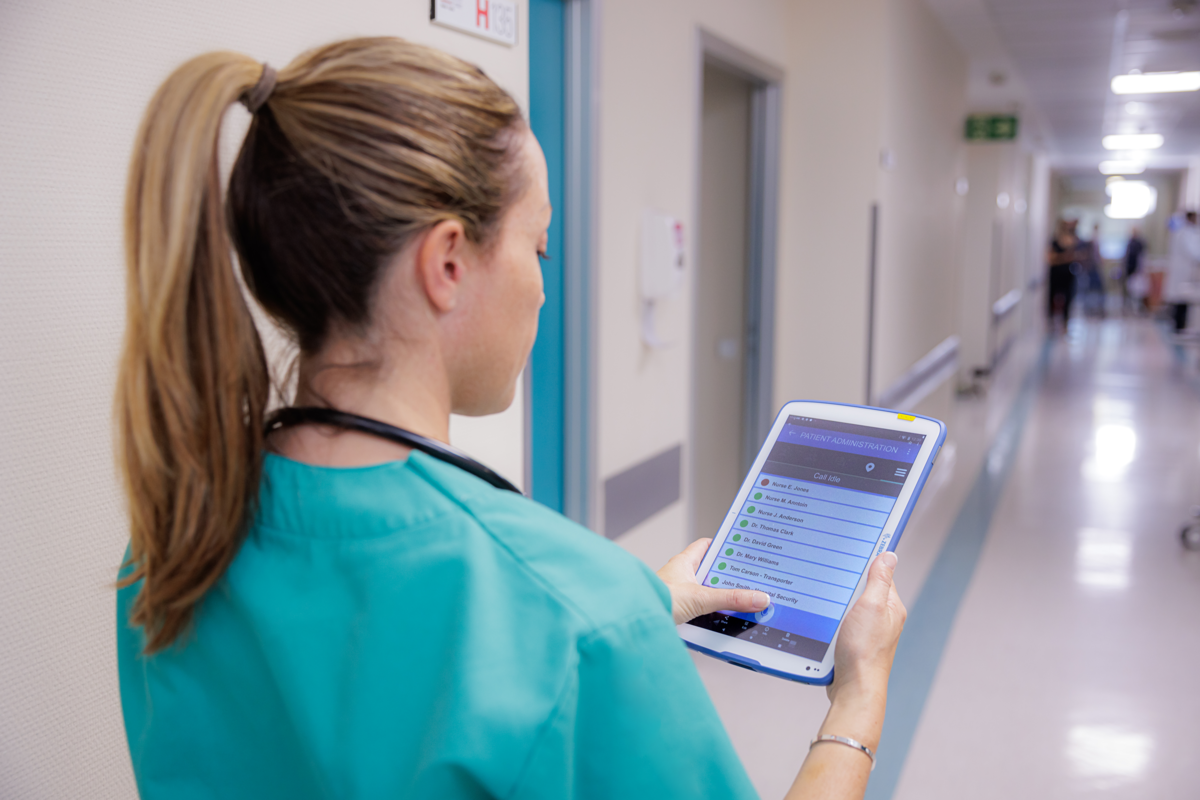
Explore Healthcare Mobile Computers
We deliver clinical mobility solutions that bring instantaneous, collaborative care to a patient’s bedside. Innovative, purposeful-designed mobile computing devices that consolidate work tools, systems, and processes, allow caregivers to spend time where it matters most, with patients. Our healthcare mobile computers deliver the ultimate in-touch computing, clinical collaboration, and data capture features you need to provide every patient with the highest quality care. Explore how our solutions can help improve patient safety, streamline clinical workflows, and enhance overall hospital efficiency.
We’re Here to Help
Contact us to Start the Modernization Process
Looking for more information about a specific technology solution? Feel free to ask us about pricing, data sheets, and demos, or schedule a free in-person/online consultation for strategic guidance from one of our experts.
Fill out the inquiry form or contact us to start the process.
Benefits of RFID in Retail Benefits of RFID in Retail RFID Solutions for Retail RFID Solutions for Retail RFID Solutions for Retail RFID Solutions for Retail


